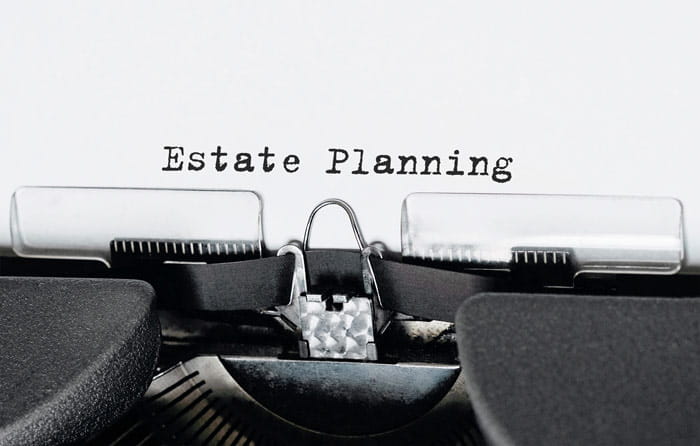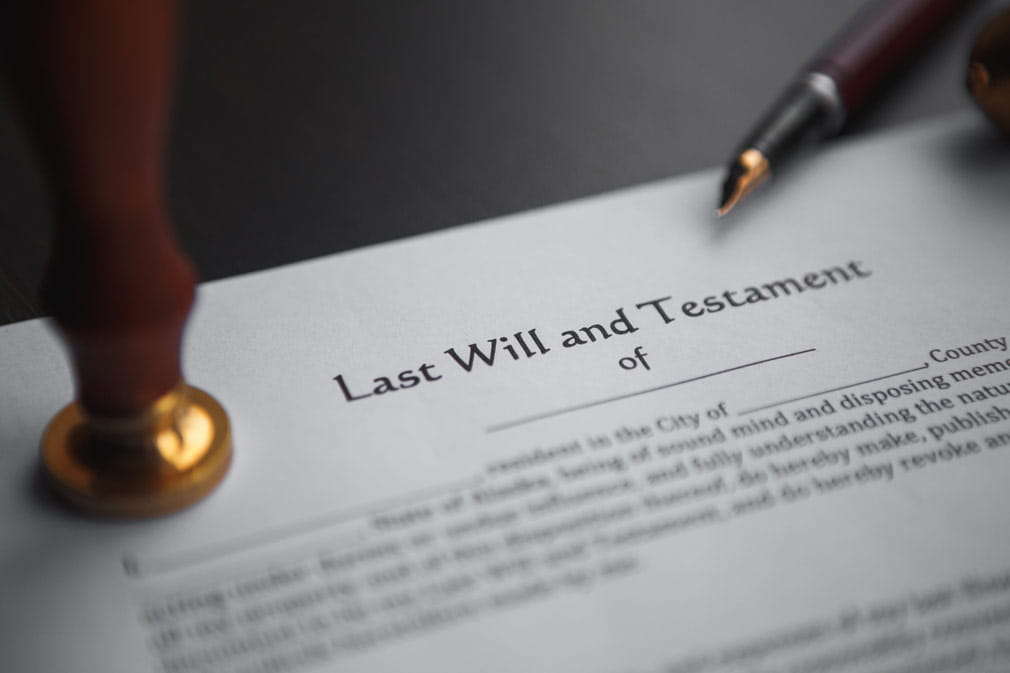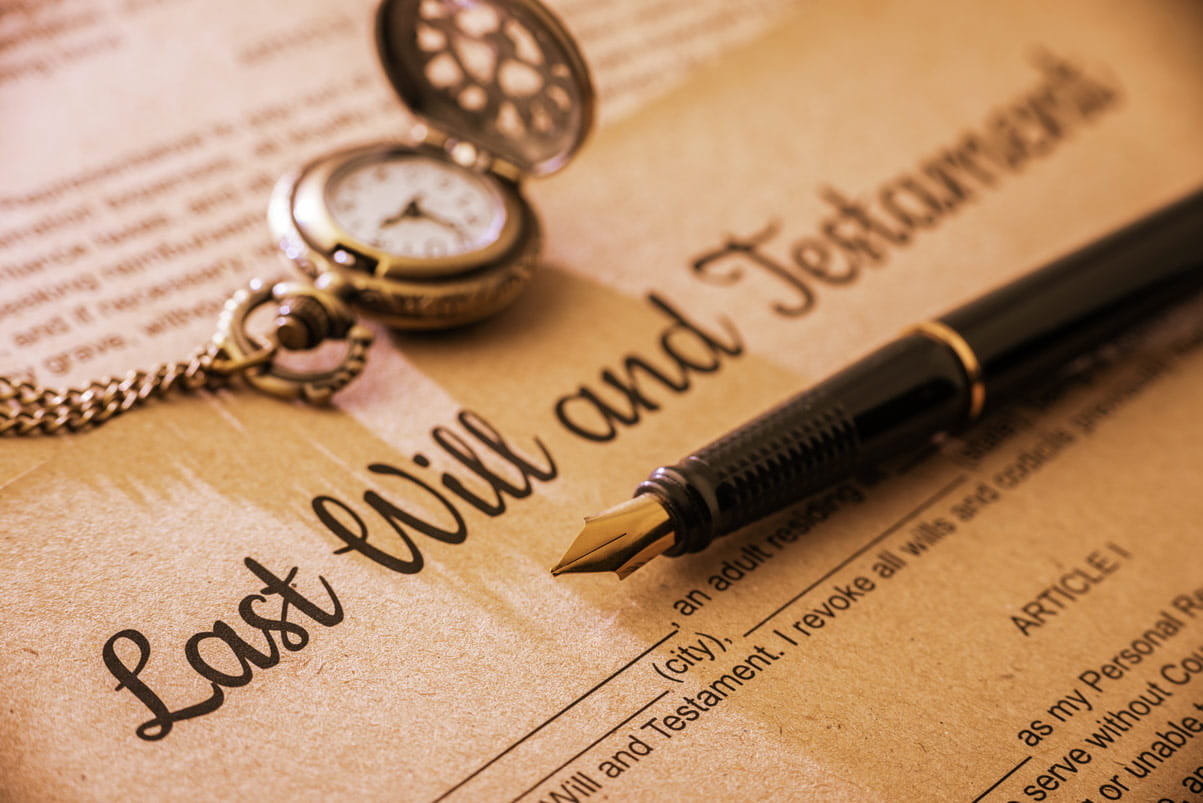
Valuation of an estate
Discover all the essential information you need to accurately value a person's estate with our comprehensive guide.

When a loved one passes away, there are numerous legal matters to address during the probate process. One crucial task is valuing their estate. But what exactly constitutes a person's estate?
Why is an official valuation necessary? And who is responsible for this valuation? Find all the answers in our comprehensive guide.
Getting an official house valuation for probate is essential. The deceased's properties, along with money in banks, life insurance payouts and other belongings, make up the estate's total value. You need to know this total value to apply for probate, as it affects whether Inheritance Tax is due and how much.
You need a valuation on the date of death to calculate Capital Gains Tax if any assets, including properties, have increased in value since then. An official valuation also ensures all debts are paid and the estate is properly distributed to the beneficiaries named in the Will.
When selling a property, you can obtain valuations from three different estate agents and calculate the average. This approach can provide a more accurate estimate of your property's value. This method can also be useful when transferring property ownership. Some estate agents offer free valuation services, while others may charge a nominal fee.
For specialised valuations, such as those involving agricultural land, retrospective valuations or disputed valuations, you can employ chartered surveyors accredited by the Royal Institution of Chartered Surveyors (RICS). However, their services tend to be more expensive compared to estate agents.
Once you submit a valuation, the District Valuer Services (DVS) of HMRC might review it to ensure it's accurate. If they find any issues or think the valuation is incorrect, they can challenge it. This could potentially result in financial penalties.
You can value household items and personal belongings worth less than £500 yourself. For money in the bank or business assets, it's best to contact the relevant organisations for accurate valuations.
Many things can affect the value of a person's estate. A big part of this value comes from what they owned, called their assets, which are valued at their market price when they die. This includes things like:
These assets' value is reduced by any debts that need to be paid, such as mortgages, taxes, credit cards, and lifetime gifts – the value of the gift will be from the date it was given.
Since this process is complex, it's a good idea to get help from a probate solicitor.
Understanding the value of an estate is crucial for Inheritance Tax (IHT). The total value of the estate determines if IHT needs to be paid. Currently, estates have a tax-free allowance of £325,000.
If the estate is worth more than this, IHT must be paid on the amount above the threshold. If the deceased is leaving their home to their children or grandchildren, the tax-free allowance can increase by £175,000, making it £500,000 in total. This is due to the residence nil rate band.
For more details, check out our comprehensive guide to Inheritance Tax.
If you sell a property from someone's estate for more than its value at the time of their death, it can cause some issues. First, you need to tell HMRC the actual selling price because they might increase the Inheritance Tax you owe. You might also have to pay Capital Gains Tax (CGT).
CGT is based on the profit from selling the property, which is the difference between its value at death and the sale price. An Inheritance Tax accountant can help you calculate CGT and advise you on any possible deductions and allowances.
Whether you have questions about a deed of variation or just want to find out more about estate planning, the expert team behind Saga Legal are on hand to help.
Mon - Thu 9:00am - 7:15pm
Fri - 9:00am - 6.15pm
Sat - Closed
Sun - Closed
Excluding bank holidays
Saga is a registered trading name of Saga Personal Finance Limited, which is registered in England and Wales (company number 3023493). Registered office 3 Pancras Square, London, N1C 4AG. Saga is not authorised or regulated by the Solicitors Regulation Authority (SRA). All legal services are provided by Co-op Legal Services. Co-op Legal Services is a trading name of Co-operative Legal Services Limited which is authorised and regulated by the SRA, under registration number 567391.



Learn everything you need to know about the different types of Will bequests in our complete guide.
.jpg?la=en&h=550&w=1440&hash=D75E80A351D1CBC72428B436C3C3EE4F)

Talk to an expert about your current needs and future wishes. Find out what legal plans you might want to make.



We partner with Co-op Legal Services to offer advice and services for you and your family.


We partner with Co-op Legal Services to offer advice and services for you and your family.